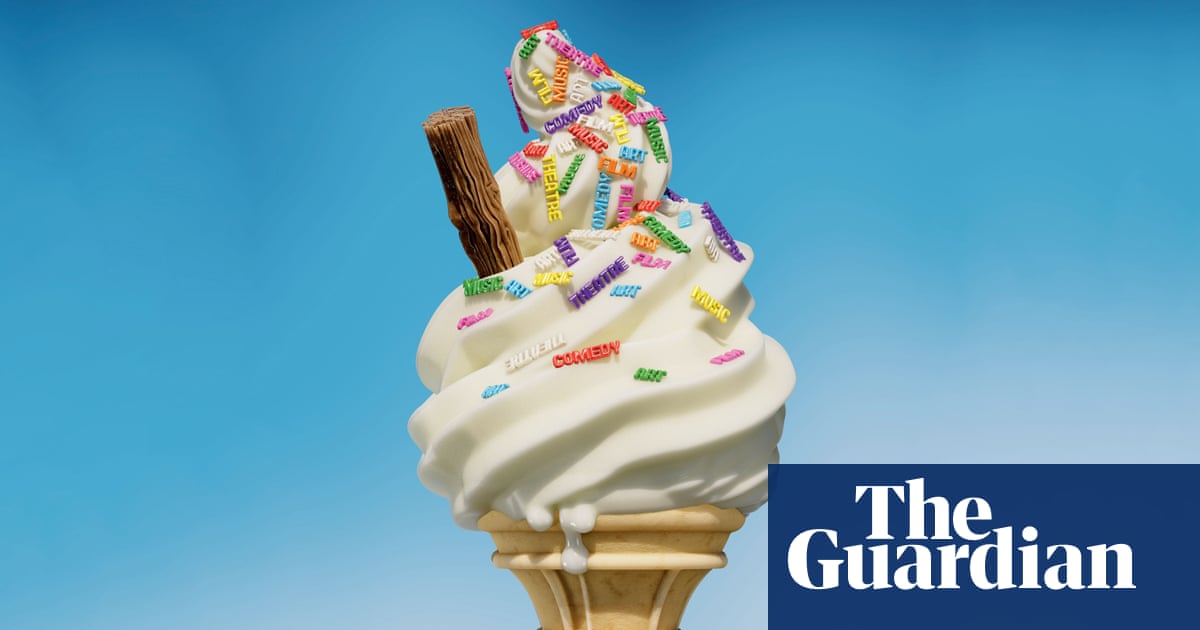
Progress made in the representation and inclusion of disabled artists and audiences is in danger of unravelling because of the pandemic, campaigners have warned.
A new alliance of disabled people and groups working in the UK’s cultural industries, #WeShallNotBeRemoved, has been established to make sure disabled voices are heard as the nation’s devastated arts sector attempts to rebuild after the lockdown.
Jenny Sealey, the artistic director of Graeae theatre in east London, said the pandemic had exposed real inequalities in theatre “by the million and one Zooms set up within our industry and the noticeable lack of deaf and disabled voices and black, Asian and ethnically diverse people in the mix”.
She added: “As our community will be the last to come out of lockdown, the fear is by then we will be forgotten as artists and audience.”
Campaigners say the lockdown has magnified inequalities for disabled people in the creative industries, with many disabled artists facing long-term shielding, loss of income and invisibility in wider society.
The lockdown came when many were beginning to feel real change had finally arrived.
Andrew Miller, the government’s first disability champion for arts and culture, pointed to the casting of Amy Trigg, who uses a wheelchair, in RSC productions and the then imminent opening at the National Theatre of Francesca Martinez’s play All of Us, which explores being disabled during a time of austerity.
“There was a real sense of ‘hey, we’re going somewhere … we’re finally being included’. There was a real sense of progress. It wasn’t perfect. There was a a lot still to do. But there was a sense disabled people were becoming part of the fabric of arts and culture.”
Sealey said the progress had been “frustrating and unnecessarily slow … It has taken the best part of 40 years for deaf and disabled people to be seen as a force to be reckoned with.”
Then lockdown happened and prompted genuine concern that progress might unravel.
Sealey said the drive to reopen theatres was “extremely ableist and non-diverse” in its approach.
She added: “I am seriously concerned that we will be deemed too expensive, with companies no longer being able to cover the cost of access and that our work is too risqué and the theatre world wants post-pandemic nice, safe theatre.”
Campaigners on Wednesday staged a social media action day, flooding Twitter, Facebook and Instagram with disabled voices. It included artists sharing their work online.
The musician and campaigner John Kelly said: “We want to demonstrate solidarity and support for disabled people who are facing a very challenging future because of the pandemic by sharing the rich tapestry of our artworks to raise our voice, of our talent and our resilience.”
Miller hopes arts leaders will seize on the opportunities offered by having to rebuild an entire industry. “It is a real opportunity to reset the longstanding discriminatory access issues in arts and culture,” he said.












